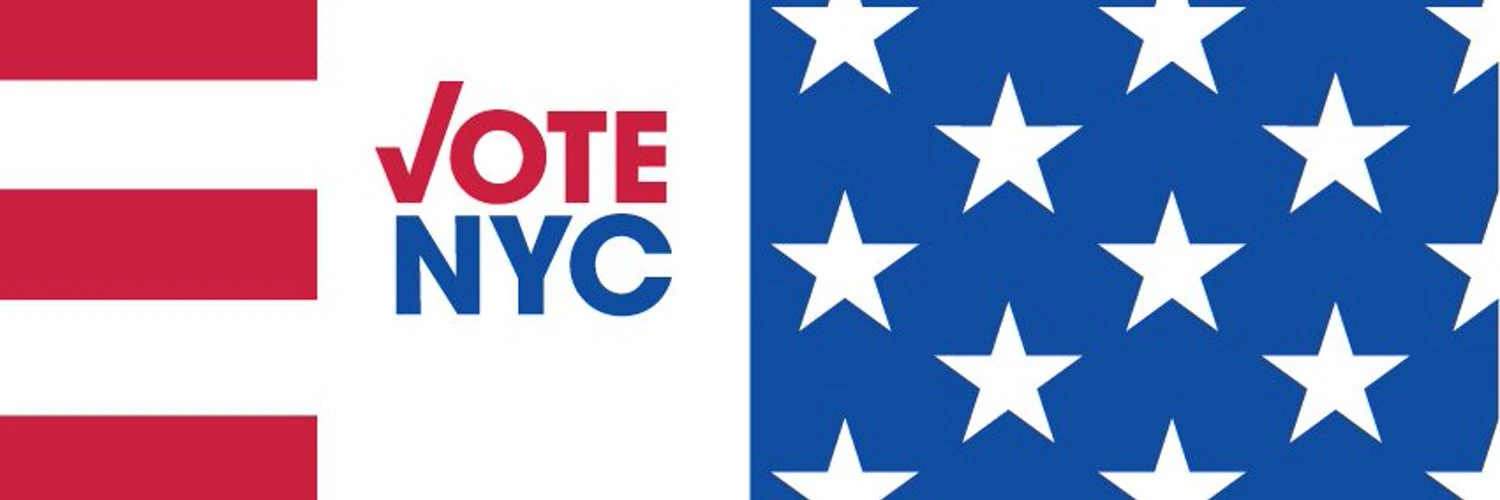
Introduction
The 2025 New York City mayoral election could set the tone for the city’s next chapter. With rising costs, ongoing concerns around crime, and a strained infrastructure, this vote isn’t just about who gets the job—it’s about who’s ready to deal with the day-to-day realities New Yorker’s face.
For locals, this election touches everything: rent, public transit, schools, safety. And because New York often shapes national conversations, this race matters beyond city limits.
Here’s what to know—from the dates to the candidates to the issues that will define the next administration.
When Is the New York Mayor Election 2025?
Election Day is Tuesday, November 4, 2025. That’s when voters choose the next mayor.
Before that, the Democratic and Republican primaries happen on June 24, 2025. Since New York City leans heavily Democratic, the primary may hold even more weight than the general election.
If you plan to vote, take note:
- Register by May 24 to vote in the primaries
- Register by October 4 for the general election
Early voting for the primary runs June 14–22; for the general, it’s October 26–November 3.
Absentee ballot deadlines are June 10 (primary) and October 21 (general).
For all the how-to info, visit vote.nyc.
Who’s Running for Mayor in 2025?
The final lineup isn’t official yet, but here are the names making headlines so far:
- Jumaane Williams (Democrat)
Currently NYC’s Public Advocate, Williams is a favorite among progressives, known for his stances on affordable housing and public safety reform. - Christine Quinn (Democrat)
A former City Council Speaker and prior mayoral candidate, Quinn could appeal to moderate Democrats and those who value political experience. - Brad Lander (Democrat)
The City Comptroller focuses on budget transparency and financial oversight. He could draw voters looking for fiscal accountability. - Curtis Sliwa (Republican)
The Guardian Angels founder and 2021 GOP nominee may run again, pushing a tough-on-crime message aimed at public safety concerns. - Lindsey Boylan (Independent/Progressive)
A former public official turned activist, Boylan hasn’t declared yet but remains a popular name among younger progressives online.
Mayor Eric Adams hasn’t officially confirmed whether he’ll run for re-election, though many expect him to. His record on crime, housing, and budget issues has sparked both support and criticism.
Early polls suggest Williams and Lander are vying for the progressive vote, while Adams, if he enters, will likely rely on establishment backing.
Top Issues in the 2025 Mayoral Race
Talk to any New Yorker and you’ll hear a familiar list of worries. Here are the issues driving this year’s election:
Public Safety
Crime is down from pandemic highs, but concerns—especially on the subways—persist. Sliwa wants more aggressive enforcement, while Williams and others support community-based approaches.
Affordable Housing
With rent prices climbing and shelters overwhelmed, most candidates agree the housing crisis needs attention. Proposals vary from building more units to zoning reform and expanded assistance.
Education
From classroom sizes to budget concerns, education is again in the spotlight. Quinn supports some charter-friendly policies, while progressives are pushing for more public school investment.
Transit and Traffic
Delays, congestion, and overcrowding continue to frustrate commuters. Candidates are proposing everything from congestion pricing tweaks to subway upgrades.
Climate and Infrastructure
Recent floods and heatwaves have turned climate resilience into a front-burner issue. Lander has taken the lead here, calling for investments in sustainability and green infrastructure.
What sets the candidates apart is how detailed—and realistic—their plans are for solving these long-standing problems.
How to Prepare for Election Day
Voting in New York is straightforward, but deadlines matter.
- Not registered? Go to vote.nyc and take care of it.
- Moved recently? Update your registration.
- Need a mail-in ballot? Submit your request early.
ID isn’t required to vote in-person, but you’ll need to provide your name and address. First-time voters may be asked for proof of residence like a utility bill.
Polls are open from 6 a.m. to 9 p.m. on election day. Not sure where to go? Use the poll site locator on the Board of Elections website.
There’s also help available for those with language barriers, disabilities, or accessibility concerns. Don’t hesitate to ask for assistance—voting should be accessible to everyone.
Why This Election Matters
The next mayor will oversee a budget of more than $100 billion, guide over a million students in public schools, and make decisions that ripple far beyond the city.
In the last mayoral race in 2021, turnout was under 24%. That means three-quarters of eligible voters didn’t show up. If you think your voice doesn’t matter, think again—it matters even more when fewer people speak up.
With public frustration growing around housing, education, and safety, this year’s election could bring a shift in how the city is run. And given NYC’s national influence, that shift could extend well beyond city lines.
Final Thoughts
This election is about real-life issues—affording your rent, getting to work on time, sending your kid to a decent school, and feeling safe in your neighborhood.
Don’t let the headlines or soundbites decide for you. Learn where the candidates stand. Make sure you’re registered. And show up to vote.
The city’s future isn’t just in their hands-it in yours.




Leave a Reply